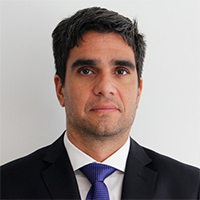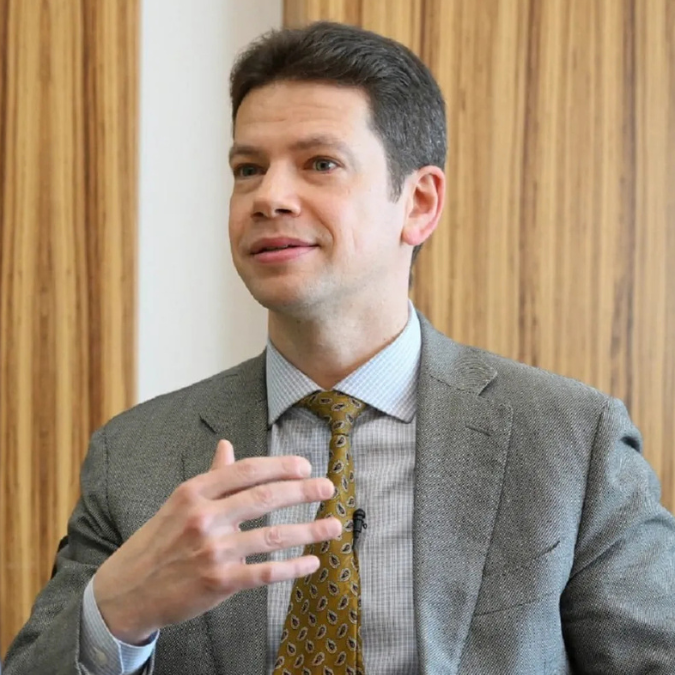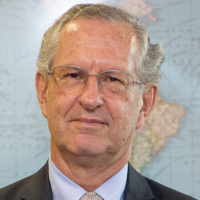Online events
Brazil and BRICS: From Shared Principles to Joint Action for a Sustainable and Digital Future
The first quarter of the twenty-first century has witnessed the erosion of a multilateral system that, just decades ago, established global governance institutions and fostered a common understanding of countries’ dynamics within a rules-based order. The BRICS bloc, since its emergence in the early 2000s, has gained momentum within this context. It became increasingly attractive as an alternative space for international dialogue and for addressing the development needs of a number of countries that feel the traditional multilateral pillars are falling short in addressing contemporary demands and reflecting today’s geopolitical realities. BRICS countries seek a more equitable international order.
Now in its seventeenth year, BRICS leaders will convene in Rio de Janeiro for their annual Summit, with Brazil presiding during a time marked by an intensifying commercial war and the resulting reconfiguration of international trade. This online seminar, the first event in CEBRI’s contributions to the BRICS this year, aims to shed light on the bloc’s significance for Brazil - and Brazil’s significance for the bloc. By bringing together representatives from these emerging powers, the event will explore Brazil’s thematic priorities for its presidency and discuss possible outcomes of the July Summit, as well as broader visions for the future of BRICS.
The first quarter of the twenty-first century has witnessed the erosion of a multilateral system that, just decades ago, established global governance institutions and fostered a common understanding of countries’ dynamics within a rules-based order. The BRICS bloc, since its emergence in the early 2000s, has gained momentum within this context. It became increasingly attractive as an alternative space for international dialogue and for addressing the development needs of a number of countries that feel the traditional multilateral pillars are falling short in addressing contemporary demands and reflecting today’s geopolitical realities. BRICS countries seek a more equitable international order.
Now in its seventeenth year, BRICS leaders will convene in Rio de Janeiro for their annual Summit, with Brazil presiding during a time marked by an intensifying commercial war and the resulting reconfiguration of international trade. This online seminar, the first event in CEBRI’s contributions to the BRICS this year, aims to shed light on the bloc’s significance for Brazil - and Brazil’s significance for the bloc. By bringing together representatives from these emerging powers, the event will explore Brazil’s thematic priorities for its presidency and discuss possible outcomes of the July Summit, as well as broader visions for the future of BRICS.











